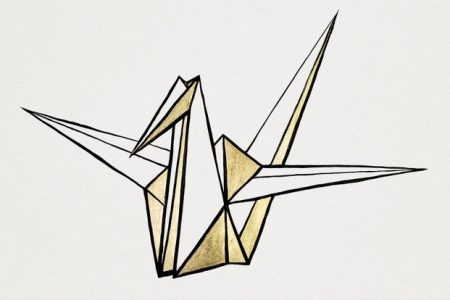Oslo: In a powerful acknowledgment of the global movement to rid the world of nuclear weapons, the 2024 Nobel Peace Prize has been awarded to Nihon Hidankyo, a Japanese grassroots organization formed by atomic bomb survivors from Hiroshima and Nagasaki. The Norwegian Nobel Committee, announcing the award on Friday, recognized the organization for its tireless efforts to promote a world free of nuclear weapons, using the harrowing witness testimonies of survivors to underscore the moral imperative of disarmament.
In its official citation, the Committee praised Nihon Hidankyo “for its efforts to achieve a world free of nuclear weapons and for demonstrating through witness testimony that nuclear weapons must never be used again.” The organization, which arose in response to the devastating bombings in August 1945 that claimed the lives of more than 1.2 million people, has played a pivotal role in raising global awareness of the catastrophic humanitarian consequences of nuclear warfare.
The Committee noted that the testimonies of the Hibakusha—the survivors of the Hiroshima and Nagasaki bombings—are central to the development of what is now known as the “nuclear taboo.” This international norm, which considers the use of nuclear weapons morally unacceptable, has been bolstered by the personal stories of those who witnessed the devastation firsthand.
Nihon Hidankyo, officially formed in 1956 as the Japan Confederation of A- and H-Bomb Sufferers Organizations, united Hibakusha with victims of nuclear tests in the Pacific. Over the decades, the organization has grown into the most influential voice advocating for nuclear disarmament, issuing resolutions, public appeals, and sending delegations to the United Nations and global peace conferences.
In awarding this year’s Nobel Peace Prize, the Committee aimed to honor all survivors who, despite enduring immense physical and emotional suffering, have used their painful experiences to fuel hope and engagement in the cause of peace. The Committee acknowledged the extraordinary contributions of the Hibakusha in shaping public opposition to nuclear weapons, noting that their historical witness has been instrumental in generating and consolidating global efforts against the spread and use of nuclear arms.
The Committee warned that the nuclear taboo is now under threat, citing the modernization of nuclear arsenals, the emergence of new nuclear powers, and the heightened rhetoric of nuclear threats amidst ongoing global conflicts. It emphasized the “alarming” reality of these developments, as countries move to upgrade their weapons and prepare for the potential use of nuclear arms in warfare.
Despite this, the Committee highlighted one encouraging fact: no nuclear weapon has been used in war for nearly 80 years. This restraint, it noted, is in large part due to the efforts of organizations like Nihon Hidankyo and the enduring message of the Hibakusha.
As the world approaches the 80th anniversary of the Hiroshima and Nagasaki bombings next year, the Nobel Committee reminded the global community of the unparalleled destructive power of today’s nuclear weapons, which could kill millions and trigger catastrophic climate effects. It warned that a nuclear war could obliterate human civilization, urging the international community to heed the lessons of the past and maintain the nuclear taboo as a precondition for a peaceful future.
In a final note of optimism, the Committee praised the younger generations in Japan for carrying forward the legacy of the Hibakusha, ensuring that their message continues to inspire and educate people worldwide.

